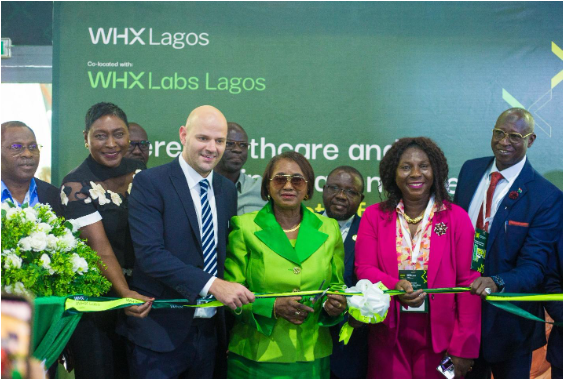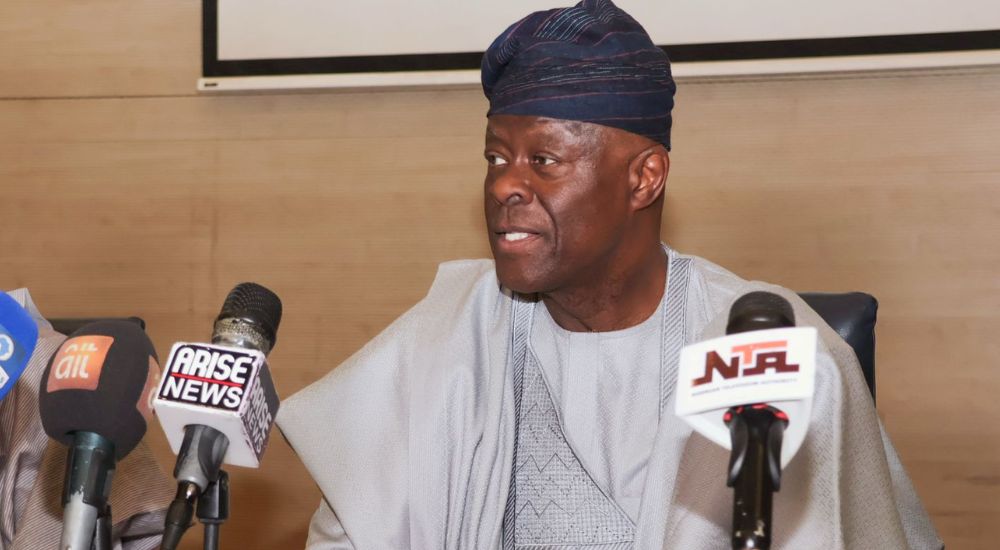Foreign Investors Withdrew ₦420bn From NGX In Q1

….Rising Capital Outflows Raise Concerns On Nigeria’s Economic Volatility
Nigeria continued to face growing capital flight as foreign portfolio outflows from the Nigerian Exchange (NGX) surged by 250.86 per cent in the first quarter of 2025, reaching ₦420.37bn, compared to ₦119.81bn during the same period in 2024.
The sharp uptick in outflows underscores mounting concerns among global investors over Nigeria’s deteriorating economic fundamentals and volatile financial landscape.
Despite a parallel surge in foreign portfolio inflows, which rose by 321.63 per cent to ₦392.68bn in Q1 2025 from ₦93.37bn a year earlier — net outflows still exceeded inflows by 6.78 per cent.
This negative net balance signals sustained investor caution and highlights the fragile confidence in Nigeria’s macroeconomic environment.
Analysts attribute the rising capital flight to several interlinked headwinds: continued exchange rate volatility, high inflation, and unpredictable fiscal and monetary policies.
These dynamics have increased investor risk perception, prompting many foreign portfolio investors to adopt defensive strategies, reduce exposure to naira-denominated assets, and exit the local equities market.
The NGX’s most recent Foreign Portfolio Investment (FPI) report paints a clearer picture of investor sentiment.
Total transactions at the exchange fell by 16.07 per cent from ₦607.05bn in January 2025 to ₦509.47bn in February 2025.
Although this still marks a 42.36 per cent increase over February 2024, the month-on-month drop illustrates growing market uncertainty.
Foreign transactions declined sharply in the same period, dropping by 40.36 per cent from ₦71.51bn in January to ₦42.65bn in February, a reflection of intensified risk aversion.
Meanwhile, domestic investors maintained market dominance, accounting for roughly 85 per cent of all transactions in 2024 and continuing to outpace foreign participation in early 2025.
Domestic activity also moderated, with total domestic transactions falling by 12.83 per cent from ₦535.54bn in January to ₦466.82bn in February.
Retail investor participation declined by 19.76 per cent, while institutional investment saw a milder 5.92 per cent drop, indicating cautious repositioning across the board.
In contrast to foreign investors, domestic players remain more engaged, though their activity has also begun to slow under the weight of economic uncertainty and rising inflation.
The flight of capital reflects more than just market fluctuation — it signals a broader crisis of confidence in Nigeria’s economic direction.
Investors are increasingly unsettled by erratic policy decisions, including shifting foreign exchange regimes, delays in subsidy reforms, and a lack of coherent monetary tightening by the Central Bank of Nigeria (CBN).
“The increase in foreign inflows is encouraging on the surface, but the larger and faster-growing outflows highlight deeper instability,” said Mr. Dele Abiodun, a Lagos-based economist. “Capital is seeking safer, more predictable markets.”
As of Q1 2025, domestic investors have contributed approximately ₦1.002trn in market activity, while foreign investors trail with just ₦114.16bn, reinforcing the trend of diminishing foreign engagement.
Experts warn that unless Nigeria addresses the structural issues driving capital flight, its financial markets risk prolonged foreign disengagement. Key reforms will include stabilizing the naira, curbing inflation, and restoring policy credibility.
To reverse the tide, policymakers must implement coordinated and transparent economic strategies that provide assurance to both domestic and international investors.
Ensuring currency stability, strengthening monetary policy independence, and rolling out investment-friendly regulations will be essential for rebuilding trust.
“Long-term capital is not just about returns, it’s about certainty,” said Abiodun. “Nigeria needs to send clear signals that it can offer both.”
As global capital becomes increasingly selective, Nigeria’s ability to restore macroeconomic stability will determine whether it can re-attract and retain the foreign investment crucial for sustaining market liquidity, job creation, and broader economic growth.
Foreign Investors Withdrew ₦420bn From NGX In Q1 is first published on The Whistler Newspaper




